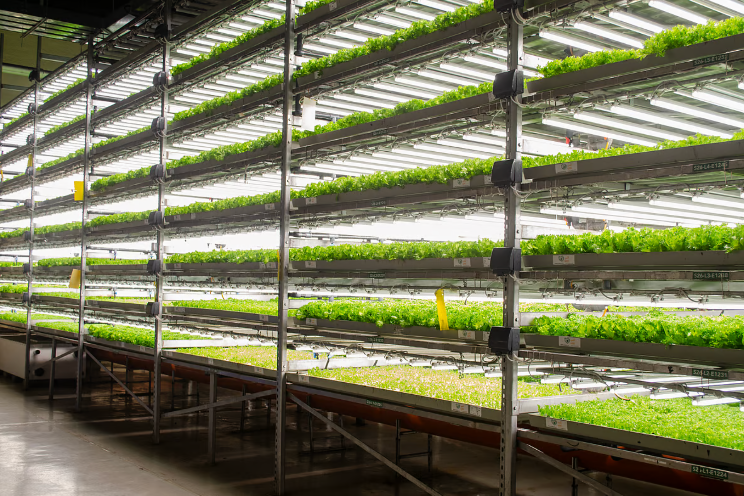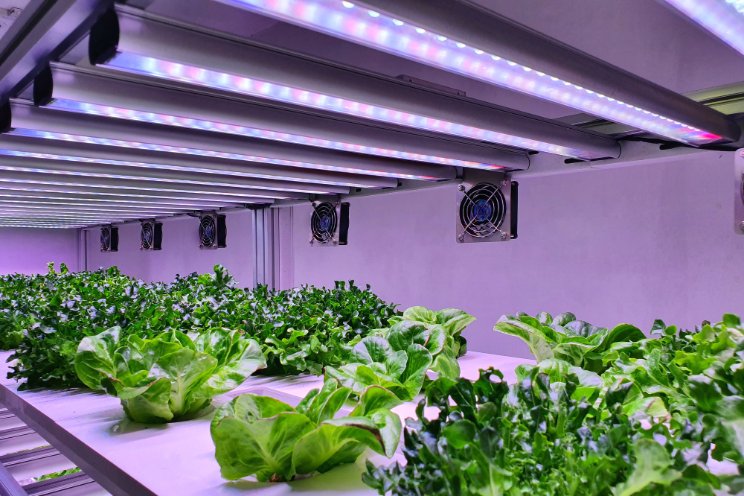Babylon Micro-Farms embraces hyperlocal food production
Added on 11 July 2023


Credit: VP Kamala Harris.
Developing technologies to simplify the growing process was at the forefront of Smith and Olesen’s work, and they thus created a proprietary product dubbed the “easiest to use hydroponic microfarm,” allowing for year-round crop production and an accompanying app to aid in monitoring and controlling the environmental conditions inside the growing cases. Nearly six years later, they have successfully helped to feed and reduce food miles to their own local community as well as in 30 other states that use the micro-farms for corporate dining, student dining, senior living communities, and event and hospitality venues.
“Bigger doesn’t mean better,” said Olesen, when asked about the value proposition of modular units like those made by Babylon. The units are designed to grow 45 different crops, many of which are culinary herbs, leafy greens, and edible flowers. Babylon’s units can deliver short-term benefits with less of the risk associated with larger farms. Part of creating a resilient food system includes hyperlocal production, and fresh produce can’t get much closer than having a unit from Babylon.
Plus, with Babylon Micro-Farms’s remote operators, even those with no growing experience can begin their journey in food production. Their horticulturalists operate a network of farms spanning three continents, helping owners of all experience levels grow fresh food. Their units can also be used as a supplement to traditional agricultural growers who want to embrace year-round crop production. Babylon Micro-Farms lowers the barrier of entry into vertical farming and the CEA industry by helping clients remotely operate their facilities and troubleshoot with expert growers as needed.
Header Photo Credit: Babylon Micro-Farms.
More news















